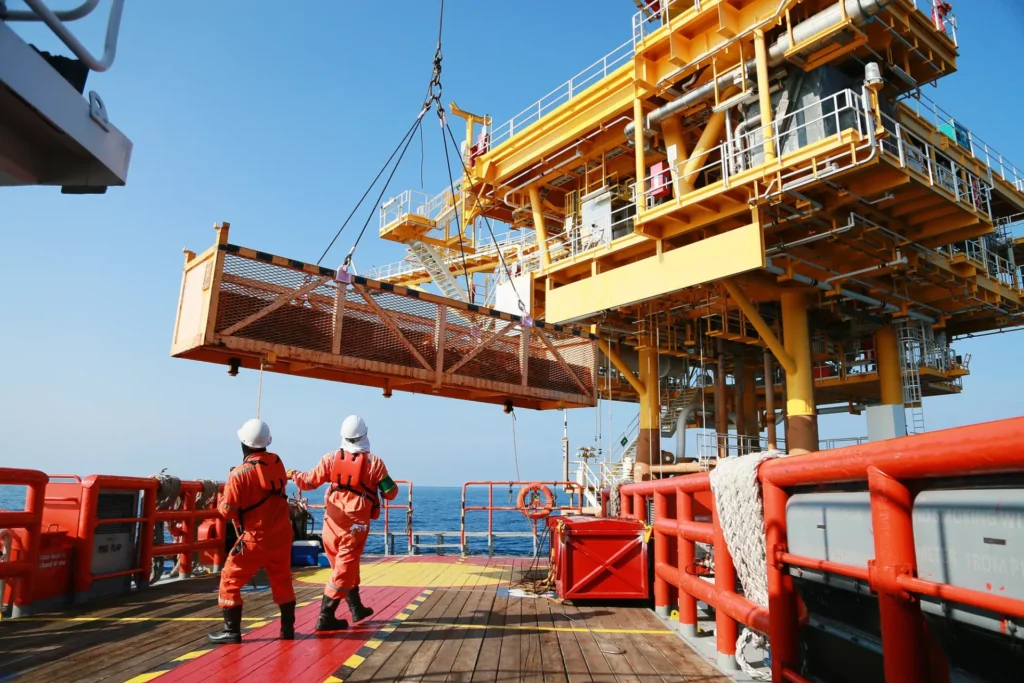The oil and gas industry has one of the highest rates of workplace injuries and fatalities, impacting countless individuals each year. From severe burns and fractures to exposure-related illnesses, the types of injuries experienced in this sector are diverse and often life-altering. In the event of such injuries, understanding the legal options available is crucial. Workers’ rights, employer liabilities, and the process of seeking compensation all play pivotal roles in addressing the aftermath of oil and gas industry injuries. Moreover, accessing resources for medical care, rehabilitation, and community support is essential for a comprehensive recovery.
Legal Options for Handling Oil and Gas Injuries
In the aftermath of an oil and gas industry injury, understanding the legal options available is paramount. Workers’ rights are fundamental in ensuring fair treatment and compensation for injuries sustained in the workplace. Additionally, potential liabilities of employers come into focus, shedding light on the responsibilities of companies in maintaining a safe working environment. Seeking compensation for injuries involves a structured process that necessitates a comprehensive understanding of legal procedures and rights. Personal injury law plays a crucial role in addressing the complexities of oil and gas industry injuries, offering a legal framework for individuals to pursue just compensation and recourse.

When exploring legal options for injured workers, several key aspects come to the forefront:
- Workers’ Rights: Understanding the rights afforded to workers in the oil and gas industry is essential for navigating the aftermath of an injury. These rights encompass various aspects, including the right to a safe workplace, the right to report unsafe conditions, and the right to seek compensation for injuries sustained on the job.
- Employer Liabilities: Looking into the potential liabilities of employers provides insight into the legal obligations of companies within the oil and gas sector. This includes responsibilities related to maintaining safe working conditions, providing adequate training, and adhering to industry regulations and standards.
- Compensation Process: The process of seeking compensation for oil and gas industry injuries involves legal intricacies that require careful navigation. From filing claims to negotiating settlements, understanding the steps involved is crucial for injured workers seeking recourse.
- Role of Personal Injury Law: Personal injury law serves as a vital mechanism for addressing the complexities of oil and gas industry injuries. It provides a legal framework through which individuals can pursue just compensation and legal recourse for the physical, emotional, and financial impact of workplace injuries.
By gaining a comprehensive understanding of these legal aspects, individuals affected by oil and gas industry injuries can navigate the complexities of seeking fair compensation and addressing the repercussions of workplace incidents.
Resources for Recovery and Support
In the aftermath of an oil and gas industry injury, accessing resources and support systems is crucial for individuals impacted by such incidents. These resources play a pivotal role in facilitating comprehensive recovery and addressing the physical, emotional, and financial impact of workplace injuries.
- Medical Care: Access to quality medical care is essential for addressing the immediate and long-term effects of oil and gas industry injuries. From emergency treatment to specialized care for specific injuries, medical resources form the cornerstone of the recovery process.
- Rehabilitation Services: Rehabilitation services are instrumental in aiding the recovery and rehabilitation of individuals affected by workplace injuries. These services encompass physical therapy, occupational therapy, and other specialized programs designed to restore functionality and improve overall well-being.
- Community Support: Community support networks provide invaluable assistance to injured workers, offering emotional support, guidance, and practical assistance during the recovery process. These networks can include support groups, advocacy organizations, and community outreach programs tailored to the needs of individuals impacted by oil and gas industry injuries.
By emphasizing the importance of accessing these resources, individuals affected by oil and gas industry injuries can navigate the challenges of recovery with comprehensive support and guidance.
Preventive Measures and Safety Protocols
In the oil and gas industry, prioritizing preventive measures and safety protocols is essential for mitigating workplace hazards and reducing the risk of injuries. By emphasizing best practices, safety regulations, and technological advancements, companies can proactively address potential risks and create a safer working environment for employees.

- Best Practices: Implementing industry best practices, such as regular safety training, hazard assessments, and emergency response protocols, forms the foundation of a proactive safety culture within the oil and gas sector.
- Safety Regulations: Adhering to stringent safety regulations and industry standards is crucial for ensuring compliance and minimizing the occurrence of workplace incidents. Regulatory frameworks provide a structured approach to addressing safety concerns and mitigating potential hazards.
- Technological Advancements: Leveraging technological advancements, such as monitoring systems, safety equipment, and automation, can significantly enhance workplace safety in the oil and gas industry. These advancements offer innovative solutions for identifying and addressing potential risks in the work environment.
The complexities of oil and gas industry injuries necessitate a comprehensive approach that encompasses legal options, access to resources, and a proactive focus on safety. By understanding workers’ rights, employer liabilities, and the role of personal injury law, individuals impacted by such injuries can pursue just compensation and legal recourse. Accessing medical care, rehabilitation services, and community support is vital for facilitating a holistic recovery process. Moreover, prioritizing preventive measures, safety protocols, and technological advancements is crucial for mitigating workplace hazards and reducing the risk of injuries in this sector. For expert legal advice and assistance in handling oil and gas injuries, readers are encouraged to learn more at https://joshmaness.com/.